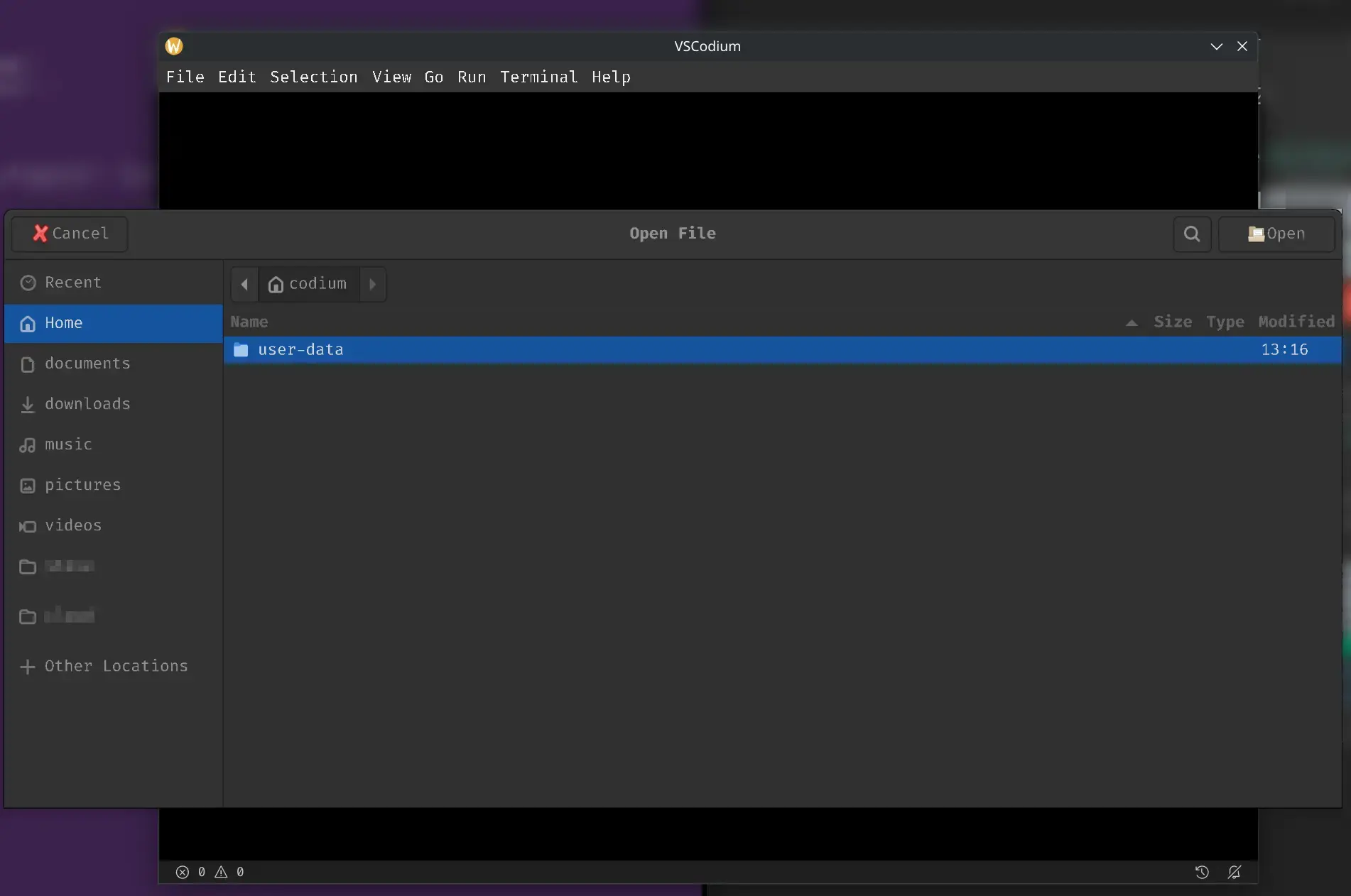I’m sure that dead-naming is far worse but would I be wrong to think that this lies in the same vein as dead-naming?
This is fascinating to me. I’ve never changed my name so I cannot have been dead-named but I do know how I feel when my family treats me in a way that denies the facets of my identity that I have accepted in my more recent adulthood – concretely: my neuro-diversity, because they don’t know that I don’t think of myself as binary.
Of course, these are not the same thing but people understand differences by bridging gaps based on common ground and all of this discussion builds common ground, in my mind. That’s why I’m asking.








 What even is going on, there?
What even is going on, there?
You have my attention if you choose to write more but there is no need: you have thanked me, enough, truly. Write more, if you are so inspired, or invest that energy thanking others, elsewhere. We need that, today, more than ever.